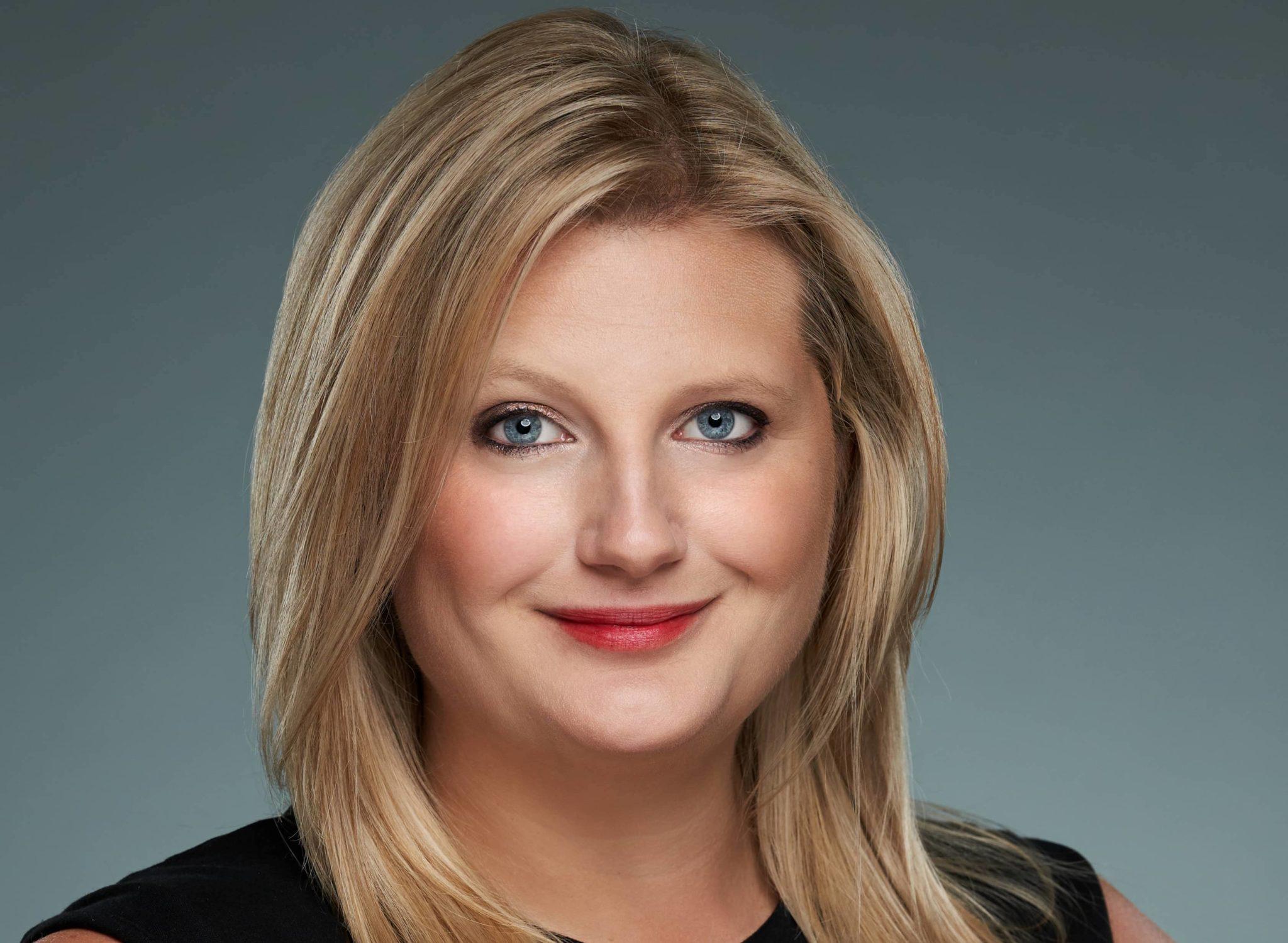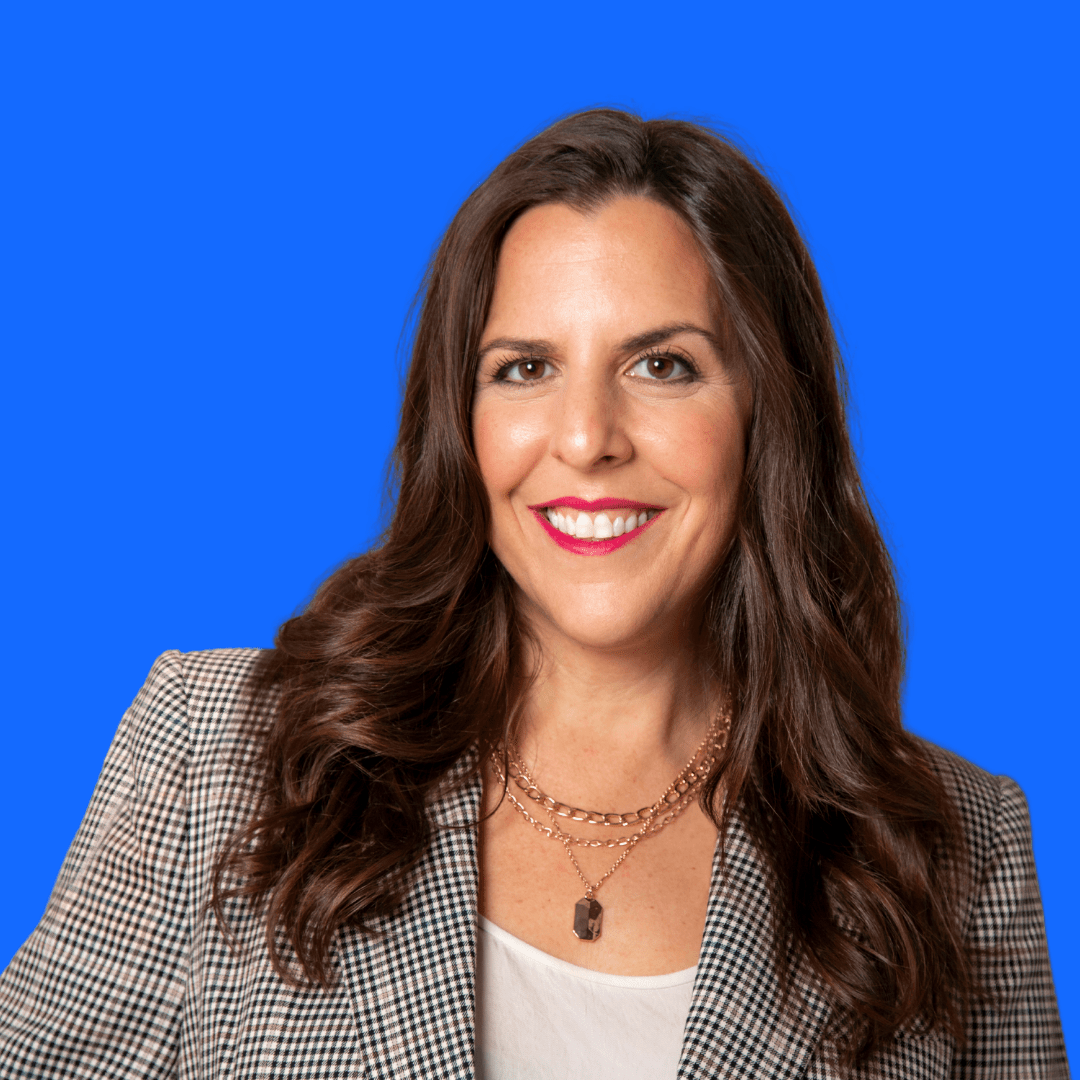The Crunchbase “Female Founder Series” is comprised of stories, Q&As and thought-leadership pieces from glass-ceiling-smashers who overcame the odds and are now leading successful companies, or investing in them.
Meghan Gaffney is co-founder and CEO of veda, an artificial intelligence and machine-learning platform that saves health care payers and providers up to 90 percent in costs by automating administrative data processing. Veda enhances data processing speeds and accuracy and is working to solve a $1 trillion problem within the health care industry.
Gaffney has over 15 years of experience working with elected officials and impact organizations, as well as consulting on technology opportunities. She is a passionate advocate for artificial intelligence and machine learning, and believes they will create unprecedented economic opportunity for the United States and the world.
In this Q&A, Gaffney discusses why health care administration is in need of a massive overhaul, how veda is driving the future of health care automation and her advice for other female founders.


Q: Did you always know you wanted to be an entrepreneur?
Not exactly. I’ve always had an entrepreneurial personality, though, and haven’t felt compelled to follow a “traditional” path. There was a point early on when I was pursuing a more conventional track, preparing to go to law school, but I decided at the last minute to take a job working for a governor. From then on, I’ve charted the course that makes the most sense for me. I’ve lived in five different states for over three years, founded my own political consultancy, and now am building and leading a health tech company.
For me, the entrepreneurial route has proven to be the best way to have a real impact while staying true to my values. I noticed something within the industry was broken and decided I’d strive to be the one to help fix it.
Q: Why did you choose to enter the health care field?
I worked in D.C. right around the time the Affordable Care Act was passed, and had a front-row seat to conversations with health plans, advocacy groups and researchers who were all talking about the need to modernize the health care system. I also heard quite a bit about the exorbitant administrative costs that make up more than 34 percent of health care expenditures in the U.S.; that’s $1 trillion every year. Money that could be put toward patient care is diverted away from making people healthier and is instead funneled toward claims systems, provider data management, and the manual upload and correction of provider information.
I knew we had to do better.
As I was looking into how data analysis and modeling could support my public policy work, a colleague introduced me to Dr. Bob Lindner, an astrophysicist and expert in data science. While a scientist focused on answering questions about the galaxy and a political entrepreneur may seem like an unlikely collaboration, we quickly realized the impact we could have if we combined our areas of expertise. We saw the potential we could have by looking at the problem differently. We knew we could make a significant dent in the unnecessary costs that stem from inaccurate data and manual processes in health care. And we envisioned the impact it could have if those resources could instead be dedicated to improving people’s health.
Q: What challenges are you trying to solve with your company?
Our health care system is running on infrastructure that is over 20 years old. We spend $1 trillion every year on administrative overhead because we just haven’t modernized the way health care does business. A single national U.S. insurer has more than 500 employees manually keying in provider and facility data. The average accuracy of that information is less than 60 percent.
Imagine what we would do to deliver care to people if we could spend more dollars on people and less money on paperwork? Our platform uses smart automation to complete back-office tasks, enabling our customers to do more to make health care work for their members.
Veda’s AI and machine-learning platform can save health care payers and providers up to 90 percent in administrative costs by automating these manual processes. We are committed to delivering transformational savings, bending the health care cost curve, and letting resources flow to care.
Q: How did you connect with VCs? Can you describe your process of raising your Series B round?
I learned a lot through our first rounds of funding. More than anything, we’ve learned to stick with our instincts and hold true to our core values. We want to align ourselves with organizations that care about our people and our community and that want to solve real problems. Firms that hold space for women to lead. Firms that invest in what matters. People who care about inclusion and representation and social justice.
You never truly know how a fundraising round will go, but we are thrilled to have aligned with Oak HC/FT. Before we even kicked off, we knew there was something special about them and it’s fulfilling that the feeling was mutual. They’re a great partner whose vision for our future has helped us to be even braver in what we’re aiming to accomplish. They’ve helped us chart the course for automating a billion hours of admin within the next four years.
Q: What is your advice for other female founders at the beginning of their entrepreneurial journeys?
Own your story. There isn’t a playbook you need to follow on how to build your team, structure employee benefits, and approach company culture to be successful. Investors gravitate to companies that know their market and create products that customers love. The rest of the journey and the shape of your business is entirely up to you.
Also, don’t forget yourself. Take a nap! No really, take more naps. It’s no secret that the marathon of growing a business can be draining. In my experience, giving yourself the space to rest and to find value outside of work makes it possible to truly commit to your company for the long haul.
Q: What is the most valuable lesson you’ve learned as the founder of your own company?
I learned that people are always more important than the technology. We’re in the business of solution building, and while we want to evolve the industry, we always start by building a relationship with our customers. We serve health plans and we succeed because what we do drives them. Our technology is in service of their mission to deliver the best health care experience possible for their members.
This also applies to partners and employees. Take the time to understand their values, their style, their needs, and connect with them in a way that’s effective for them.
Q: How have you integrated your values and mission into your own company structure?
There are a few ways my values show up in veda. For one, a core value for us is integrity. Our customers must trust that we will always be honest and act in their best interest. Another is grit. At veda, we are willing to do the hard things. We don’t ever back down from a challenge, and our solutions are best in class because we don’t give up until we get it right. We are also very open to new perspectives. Some of our most important solutions were developed because we remain open to new ways to solve stubborn problems.
Finally, a top priority at veda is building a diverse team and giving that team the flexibility and support to be successful in both their professional and personal lives. This is extremely important to me. We work hard to make sure that our workplace culture prioritizes bringing together a full spectrum of lifestyles, backgrounds and perspectives, and creates opportunities for women to lead.
Q: What are you going to use the new funds for?
The funding will help us accelerate our growth and help health plans focus on the health of their members, rather than burdensome administrative processes. Our customer base of health plans and partners is expected to increase sevenfold by Q4 2022, so the funding will immediately support our product innovation, customer success and go-to-market efforts. And we’re hiring! We expect to double our headcount in the next year.





